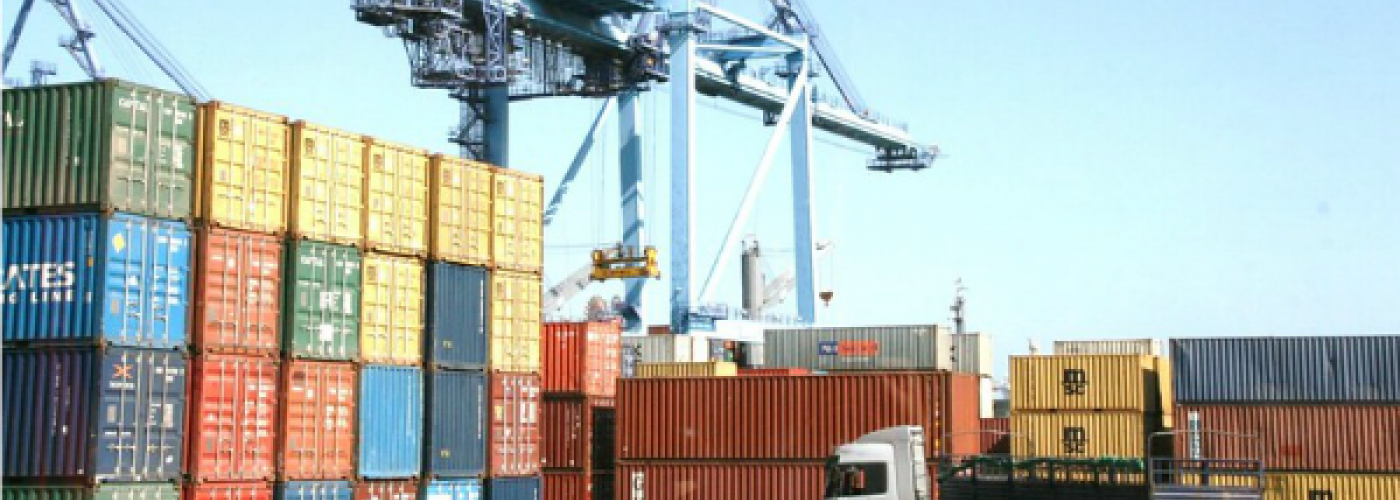Mobilizing Private Capital for Africa's Infrastructure
Image

Africa has some of the world’s fastest-growing economies, yet far too little private capital flows into the region due largely to a lack of market knowledge and an exaggerated perception of risk.
USAID seeks to change this by forging private-sector partnerships and harnessing the power of private capital for more sustainable humanitarian and development outcomes in countries where we work.
When USAID was founded in the 1960s, more than 70 percent of all financial flows into the developing world consisted of direct overseas development assistance. Today, private sources represent more than 90 percent of financial flows into emerging markets.
A partnership with the National Association of Securities Professionals (NASP) is a powerful example of how USAID is mobilizing institutional investors to develop Africa’s infrastructure through an initiative called MiDA. NASP is a U.S.-based member organization of women and minorities in the financial industry, most of whom manage large pension funds or advise institutional investors.
The Agency’s MiDA initiative connects American institutional investors to the local partners and market intelligence to deploy capital effectively in high-growth investments. At the same time, the U.S. investments are working to help African countries develop and expand their local financial markets.
The initiative is a win-win. U.S. institutional investors co-invest in infrastructure projects alongside their African counterparts to move countries toward self-reliance in financing their own development. While the primary responsibility of investors is to seek higher returns and diversify their portfolios, many recognize the vast potential of an underfinanced market like Africa, and are channeling resources and expertise to deliver an exponentially greater impact.
With a $2 million investment from USAID, MiDA has mobilized $1 billion in investment flows into African markets, to date. The partnership embodies a new vision of the U.S.-Africa commercial and development relationship -- one based not on dependence but on mutual respect and shared prosperity.
Many opportunities exist for profitable American investment in sorely-needed infrastructure across the African continent: in energy, transportation, water and sanitation, and telecommunications.
Chicago Teachers’ Pension Fund, for example, made a relatively small dollar commitment, but the learning process on investing in Africa, including hiring an African asset manager for the first time in their history, were groundbreaking.
The MiDA initiative has been instrumental in encouraging the Kenya Pension Fund Investment Consortium (KEPFIC) to invest in their own infrastructure for the first time. The fact that American and African institutional capital are collaborating at scale sends a strong signal to the market and the world.
These projects will, in turn, help foster the enabling environment necessary for next-tier projects, in a virtuous cycle that can foster greater sustainability. The MiDA initiative has already significantly reduced the exaggerated perception of risk, and exposed investors to strong African-based managers and co-investment partners who are well-qualified to mitigate the actual risks in African markets.
USAID looks forward to expanding partnerships with new investors to develop more mutually beneficial U.S.-Africa investment opportunities.
To learn more about the MiDA initiative, please contact Cameron Khosrowshahi, at ckhosrowshahi@usaid.gov.

